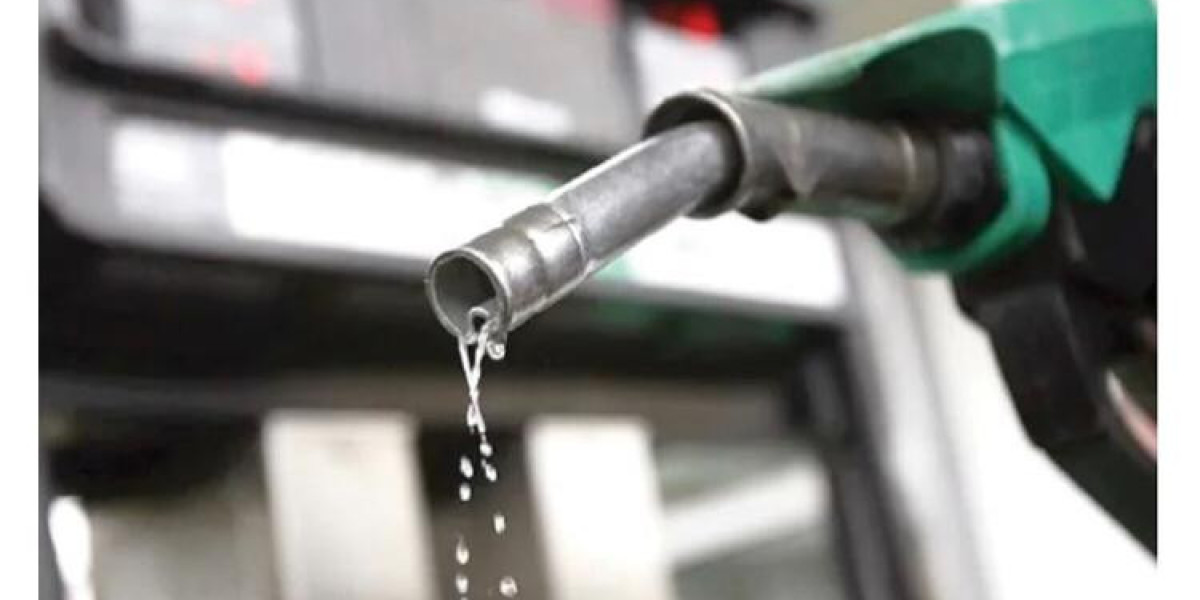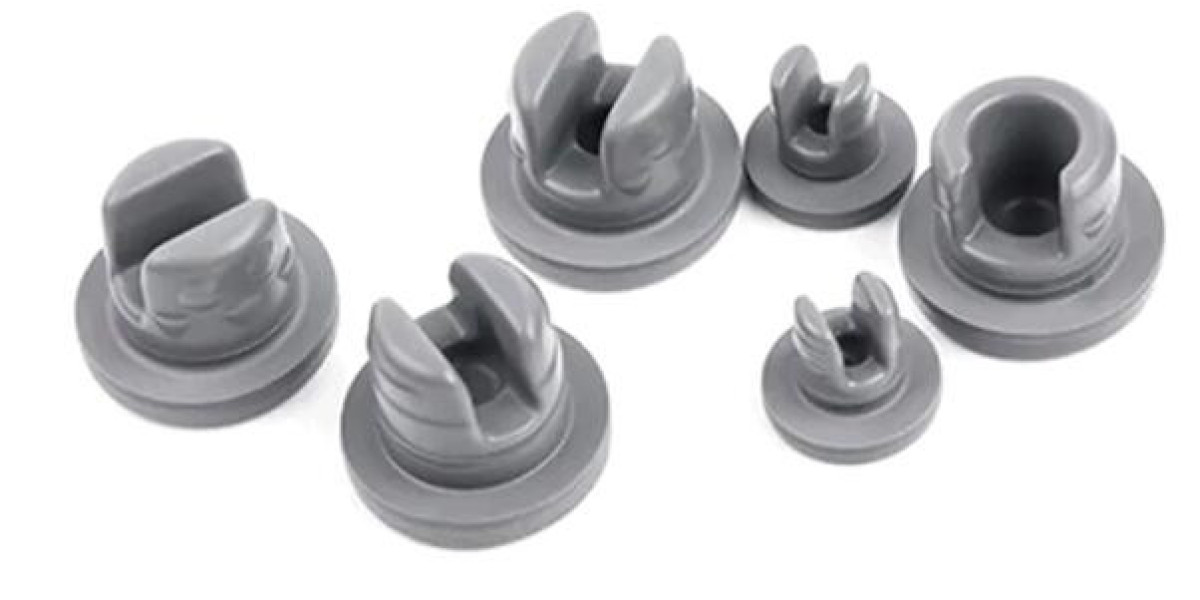The Nigerian National Petroleum Company Limited (NNPCL) is reportedly spending around N843 billion monthly on the importation of Premium Motor Spirit (petrol) due to the halt in oil swaps. Previously, the NNPCL used the swap arrangement, known as Direct Sale, Direct Purchase, where crude oil was sold to refiners in exchange for refined petroleum products. However, the national oil firm has now shifted to buying petrol using cash tenders. In July, it was reported that the total petrol consumption in Nigeria during the post-deregulation period was 1.36 billion liters, with an average daily consumption of 48.43 million liters.
The average ex-depot price of petrol from the sole importer, NNPCL, is N580 per liter. With a daily consumption of 48.43 million liters and an average ex-depot price of N580 per liter, the national oil company would spend N28.1 billion daily on petrol imports. This amounts to approximately N843 billion in 30 days. The sources also revealed that NNPCL's latest tender to buy petrol for delivery in November has closed, and the company is expected to pay off the last debts owed under the oil swaps by the end of next month.
The continued importation of petrol into Nigeria has drawn criticism from operators in the downstream oil sector, who question why the government has not yet fixed the country's refineries. They argue that refining crude oil domestically would eliminate the need for expensive imports and save significant funds. The Secretary of the Independent Petroleum Marketers Association of Nigeria, Mohammed Shuaibu, emphasized the importance of getting the refineries in Warri, Port Harcourt, and Kaduna operational to reduce the country's reliance on imports. Dr. Muda Yusuf, CEO of the Centre for the Promotion of Private Enterprise, suggested that the government should sell part of its shares in the refineries to the private sector to ensure their efficient management.
As a result of the importation challenges, many filling stations in the Federal Capital Territory remained closed, leading to long queues at the few stations that were open. Some stations increased their pump prices to as much as N630 per liter, while black market sellers offered petrol in jerry cans for around N850 per liter. Frustrated residents called for government regulation to prevent price manipulation by marketers.
Naijamatta is a social networking site,
download Naijamatta from Google play store or visit www.naijamatta.com to register. You can post, comment, do voice and video call, join and open group, go live etc. Join Naijamatta family, the Green app.
Click To Download


